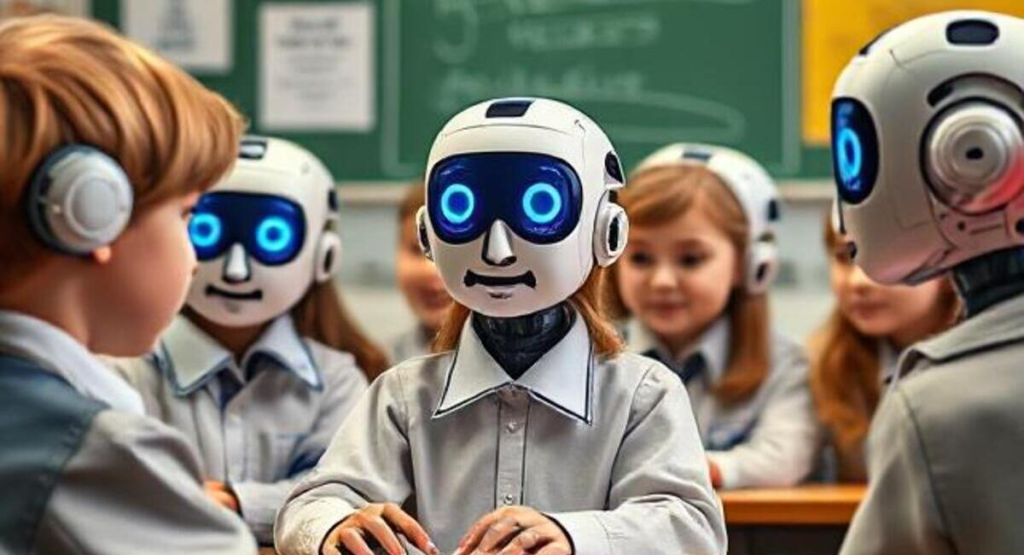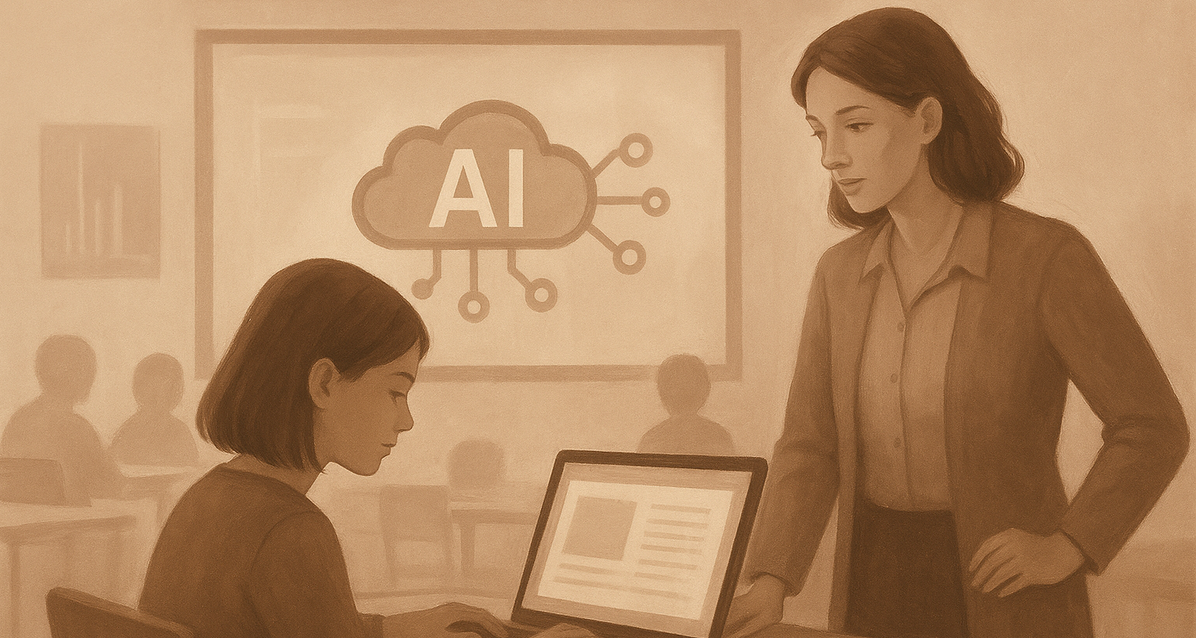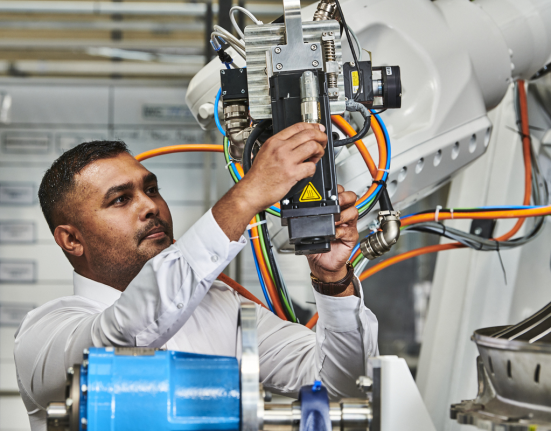Artificial Intelligence: the new school revolution or a step too far?
A classroom like no other
Picture this: you walk into a classroom where every pupil has a personal tutor who understands their strengths, weaknesses and even their current mood. Teachers are no longer buried under mountains of marking, and lessons are tailored in real time to each learner’s pace. From essays and thesis work to presentations and full-scale projects, AI can now be a constant companion.
This is not a futuristic fantasy. It is happening right now in schools and universities across the UK. The rate of adoption has been nothing short of dramatic. Resolution Magazine reports that by 2025, 61% of secondary schools and 78% of universities in Britain were already using AI tools. Only two years earlier, those figures were 28% and 44% respectively. The change has been swift, and the classroom is already looking very different.
Teachers and technology: Partners in progress
A recent Twinkl survey of over 6,500 UK teachers revealed that 60% were using AI for professional tasks in 2025, up from 30% in 2023 and 47.7% in 2024. Those who use it frequently save significant amounts of time, with 64% saying they gain between one and five hours each week, and 9% saving more than five hours. Yet, the GoStudent report shows that 74% of teachers have had no formal training in AI, despite over half expressing a strong desire for it. Interestingly, 62% of pupils wish their teachers had a better grasp of how to use AI effectively.
Teachers are turning to AI for a variety of reasons. Lesson planning, pupil report writing, and even assessment creation can now be completed in a fraction of the time. Private schools are ahead of the curve: almost 29% of teachers there use AI for report writing compared with 11% in state schools, and 24% use it for creating assessments versus 14% in the state sector. For many educators, AI is not just a time-saver but a tool for reaching pupils more effectively.

Personalisation at scale
Adaptive learning platforms like Century Tech and Seneca are transforming how students learn, adjusting in real time based on individual performance. The results are impressive. Speech-to-text technology has improved reading comprehension for pupils with dyslexia by 36%. Translation apps are proving indispensable for learners whose first language is not English, breaking down communication barriers and enabling faster progress.
Parents of children with special educational needs are also beginning to see the potential. In one survey, 44% said AI could help fill gaps left by traditional education, offering consistent, structured learning on demand.
The dark side of the digital classroom
Of course, not every headline about AI in education is positive. The surge in AI-assisted cheating is a case in point. The Guardian reports that in the 2023–24 academic year, around 7,000 cases of AI-related cheating were confirmed in UK universities. That works out to roughly 5.1 cases per 1,000 students – more than triple the rate of the previous year.
The Higher Education Policy Institute found that 92% of undergraduates now use generative AI tools such as ChatGPT, up from 66% just a year earlier. Yet only a third of these students have been given proper guidance by their universities on how to use these tools responsibly.
Trust, training and the public perception problem
Beyond the lecture theatre, the public remains wary. A study by KPMG and Melbourne University found that 73% of people in the UK have had no AI training at all. Only 42% say they trust the technology, while nearly three-quarters doubt the reliability of online content. More troublingly, 78% worry that AI could erode the human connections that make learning personal and meaningful.
Then there is the matter of access. Private schools are forging ahead with AI integration, while many state schools – particularly those in underfunded areas are struggling to keep pace. If left unaddressed, this “AI divide” could deepen existing inequalities in education.
Can AI replace education?
The short answer is no. Research published on arXiv shows that while some speculate about AI replacing teachers, most experts agree that human educators are indispensable. Machines can analyse data, adapt lessons, and mimic conversation, but they cannot replicate empathy, creativity, or emotional intelligence.
AI should be seen as a tool to enhance teaching rather than a substitute for it. As one education technology expert put it, the future lies in collaboration, where AI handles the repetitive tasks and teachers focus on the complex, human elements of learning. The danger lies in over-reliance. If pupils begin to lean on AI for every solution, their ability to think critically and work independently could weaken, undermining one of education’s most valuable outcomes.

A smarter way forward
If AI is to be a true partner in education, several steps are essential. First, training must be prioritised. Currently, 76% of UK teachers have had no formal preparation for AI, despite the enthusiasm for it. Without training, teachers are left to navigate a rapidly changing technological landscape largely through trial and error.
Second, policy and ethical guidelines must be strengthened. The Department for Education has made strides, hosting AI hackathons and releasing guidance, but clearer rules and consistent national standards are still lacking. Assessment methods must also evolve. Handwritten in-class work, oral presentations, and reflective assignments can all make it harder for AI misuse to undermine learning. Some pioneering teachers are even setting tasks where students must critique AI-generated answers, fostering a deeper understanding of both the strengths and the limitations of the technology.
Holding on to what matters
Artificial intelligence is not replacing education, but it is transforming it at a pace the world has never seen before. It brings huge potential for personalisation, efficiency, and accessibility. Yet without the right training, policies, and safeguards, it could also undermine trust, widen inequality, and diminish the uniquely human side of learning.
The future of education will not be about choosing between AI and human teachers. It will be about finding the right partnership, where machines handle the heavy lifting, and humans provide the insight, empathy, and inspiration that no algorithm can match.








31 Comments